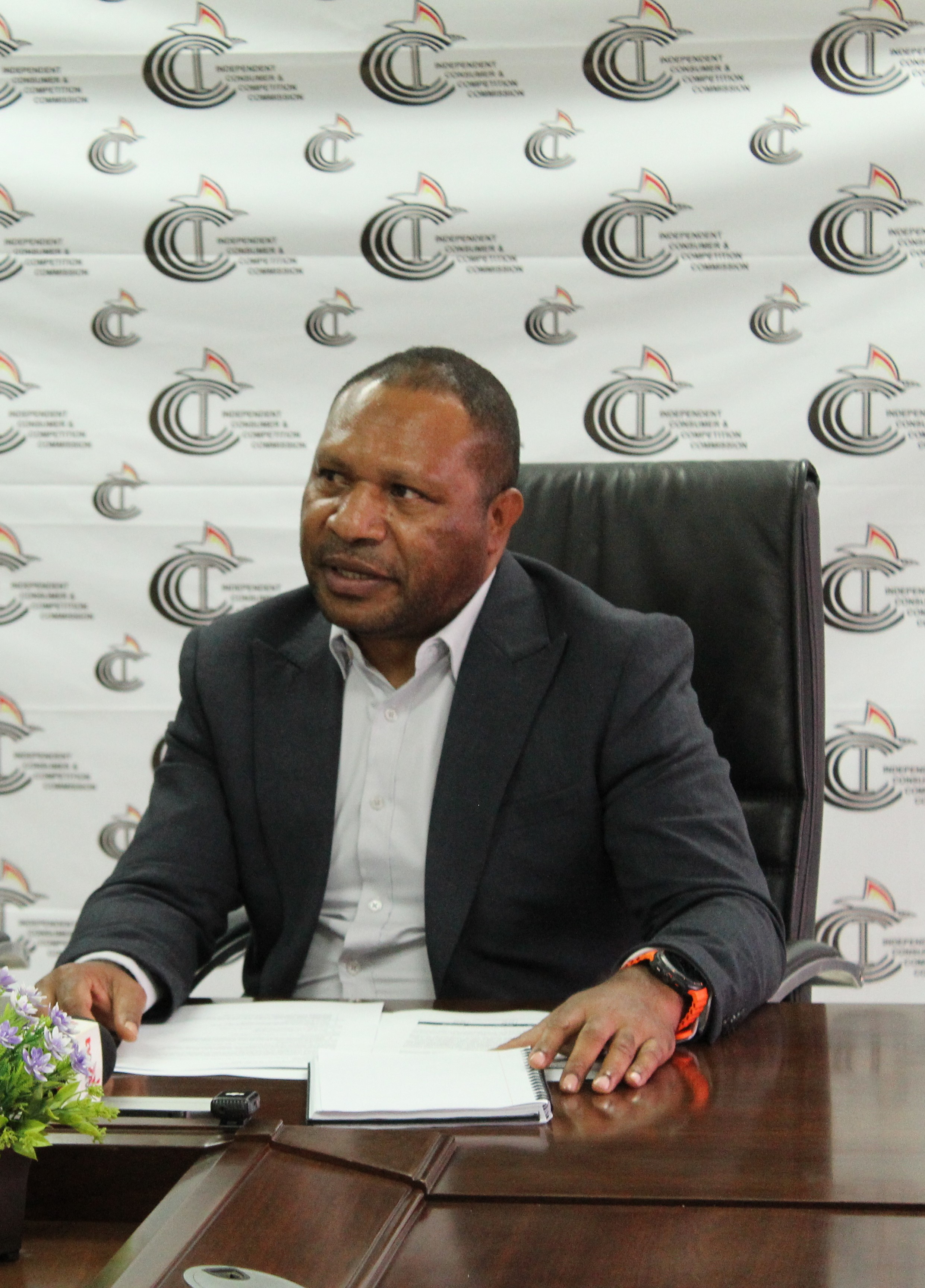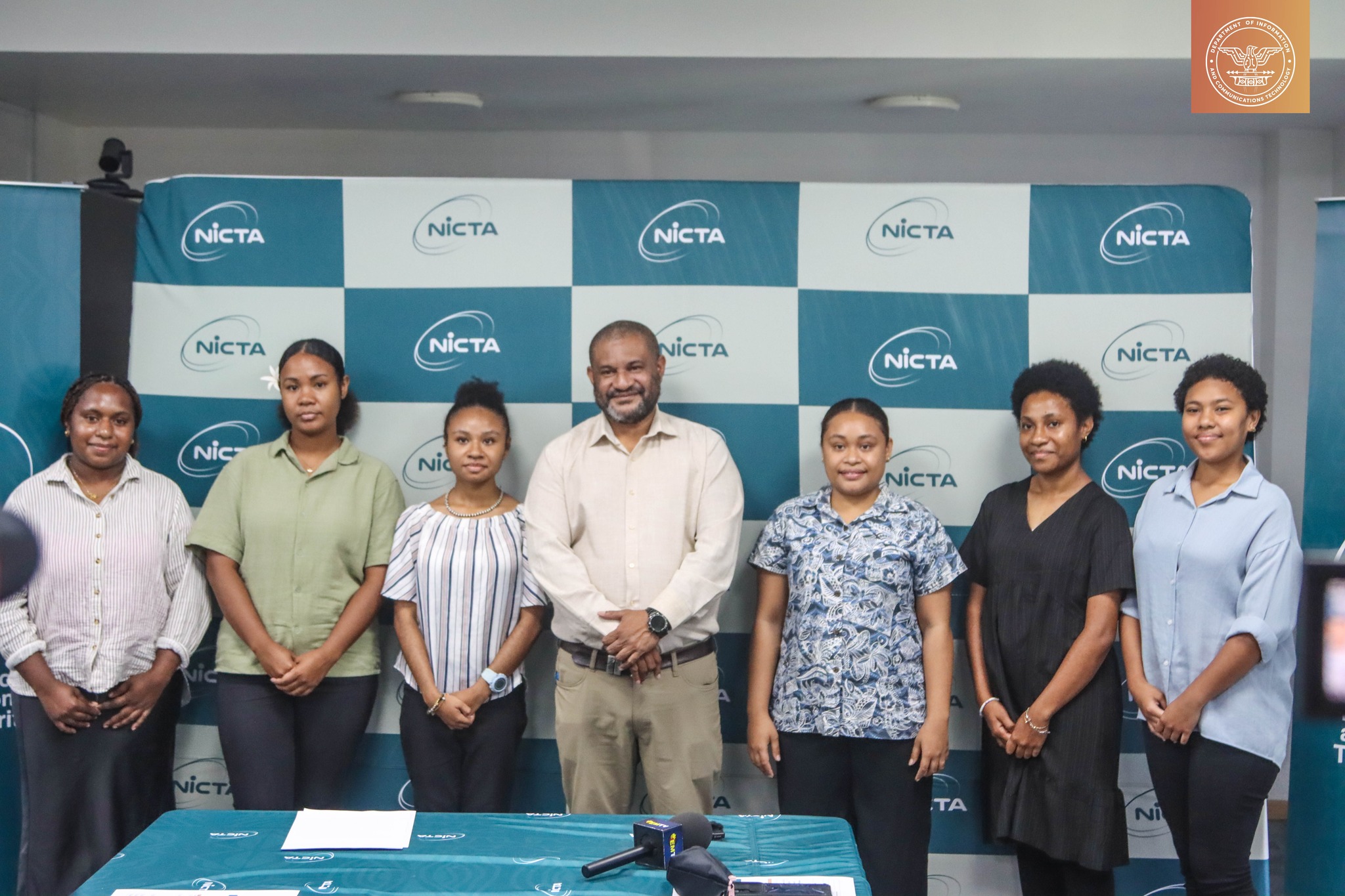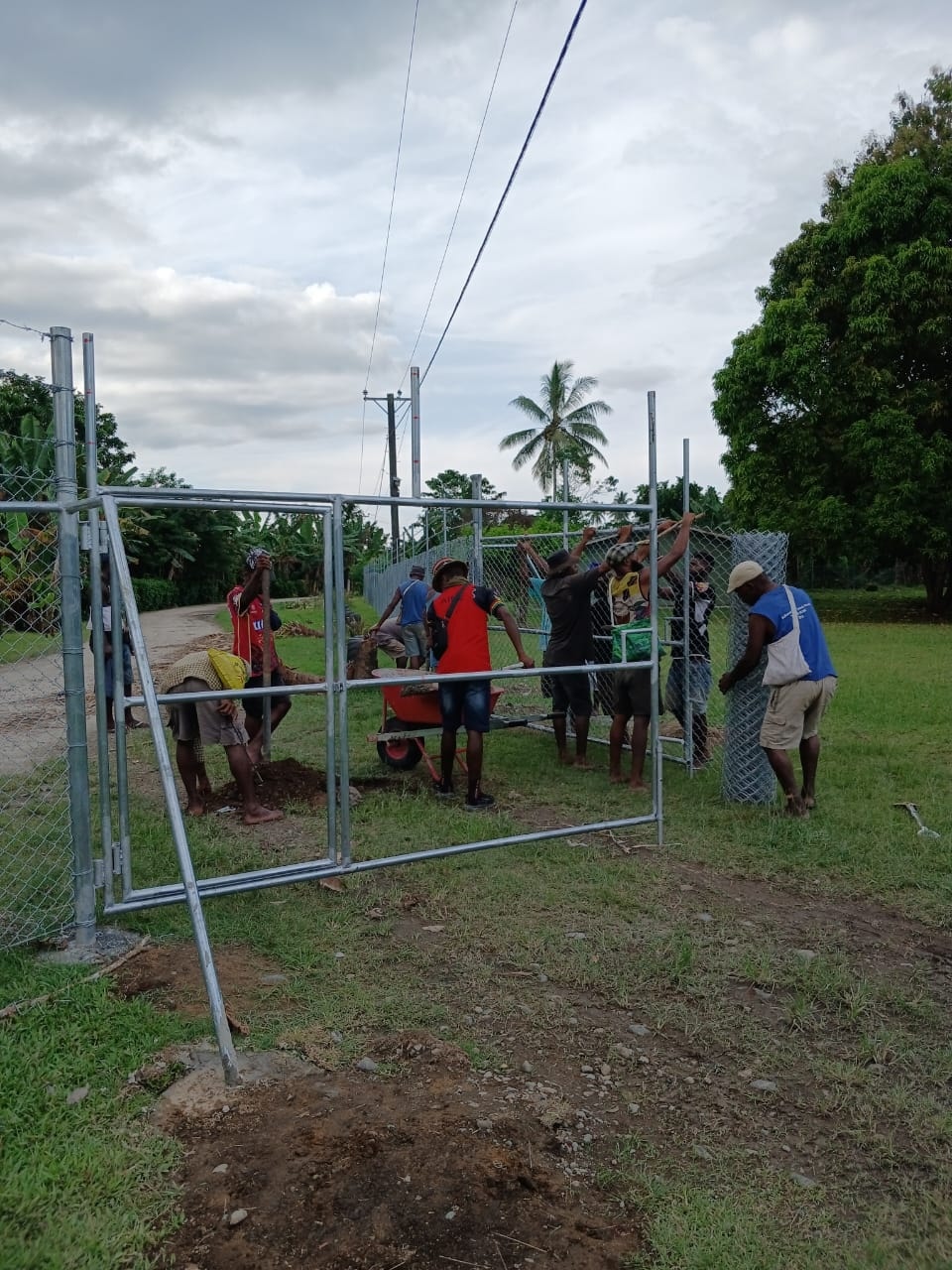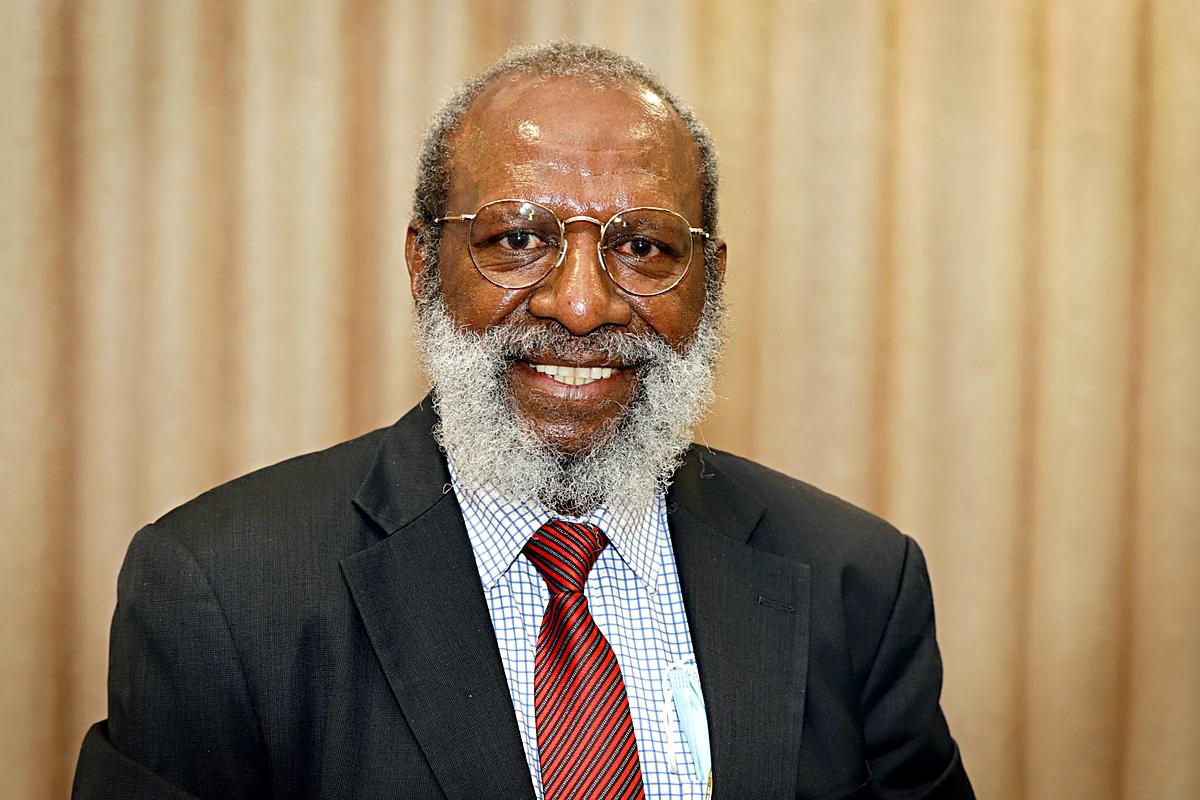The mainstream media in our independent country was this week accused of being anti- PNG and not being responsible in its role in the country.
This call was made in the confines of the National Parliament during Questions without Notice and was in reference to the front-page story of one of our daily papers featuring a story of a multi-homicide case in the Transgogol area of the Madang Province.
In response to this call, the government urged the media in the country to be more responsible in its coverage of stories, and ‘how it portrays the country’.
The Media Council of Papua New Guinea is compelled to provide several points of clarity in reassurance of its members’ collective and continued resolve as being both the watchdog of society, and when necessary, highlighting areas which need urgent government intervention and action – all in the interest and wellbeing of our audiences, WE, the people.
The homicides on which the article was based, occurred in the Transgogol area of Madang, renowned for instances such as these recent heinous crimes, being perpetuated by youths who have dropped out of grades eight or ten, and who have no available opportunities at the village level.
The Media in PNG continues to be responsible in its reporting, contrary to what is being portrayed by national leadership.
We must not pretend that violent crimes do not happen in our country. The Media has a responsibility to report on them as brutally, and as truthfully as they are allowed too. Every day, Editors and News Managers make important moral and ethical decisions on how much positive change they can create for the betterment of our country’s future, while operating within the confines of agreed to reporting guidelines for PNG Media.
All media newsrooms abide by and adhere to the MCPNG’s Code of Ethics, and their own story vetting processes. To suggest otherwise is an insult to the hard work of mainstream media organizations against social media users who upload uncensored, violent and gorish imagery with no consideration of taste and decency standards.
The media continues to promote daily positive stories of growth, innovation, and Papua New Guinean ingenuity and perseverance.
We do this because we understand the power of the written word and images. By the same token, we cannot turn a blind eye to the fact that:
• Alcoholism is rife. Nine out of every ten trauma cases in hospitals are alcohol- related; and nine out of every 10 cases of violence is related to alcohol.
• Violent crimes are happening in our country, and if we do not address them, they will only worsen.
The MCPNG and its members understand fully the responsibility and role the media can play in the future growth and development of our country and stands ready to work with the government in its responsibility to address current problem areas and create the conditions that allow our people to get out of the cycle of violence we are seeing.
The MCPNG acknowledges and is encouraged by the budgetary interventions in the areas of the regulation of alcohol, and increased support to the Law and Justice sector.
The media will continue to report honestly, truthfully, and fairly, on the implementation and realized impacts of these measures, and looks forward to seeing more tangible, nationally focused development discourse on the floor of the National Parliament, rather than the electorate, provincial and supporter-based focus that has become the norm in recent times.
The MCPNG looks forward to seeing government’s increased push for the implementation of the Whistleblower Act, and a Freedom of Information Bill which will strengthen transparency and increase scrutiny on good governance, or the lack of it.




